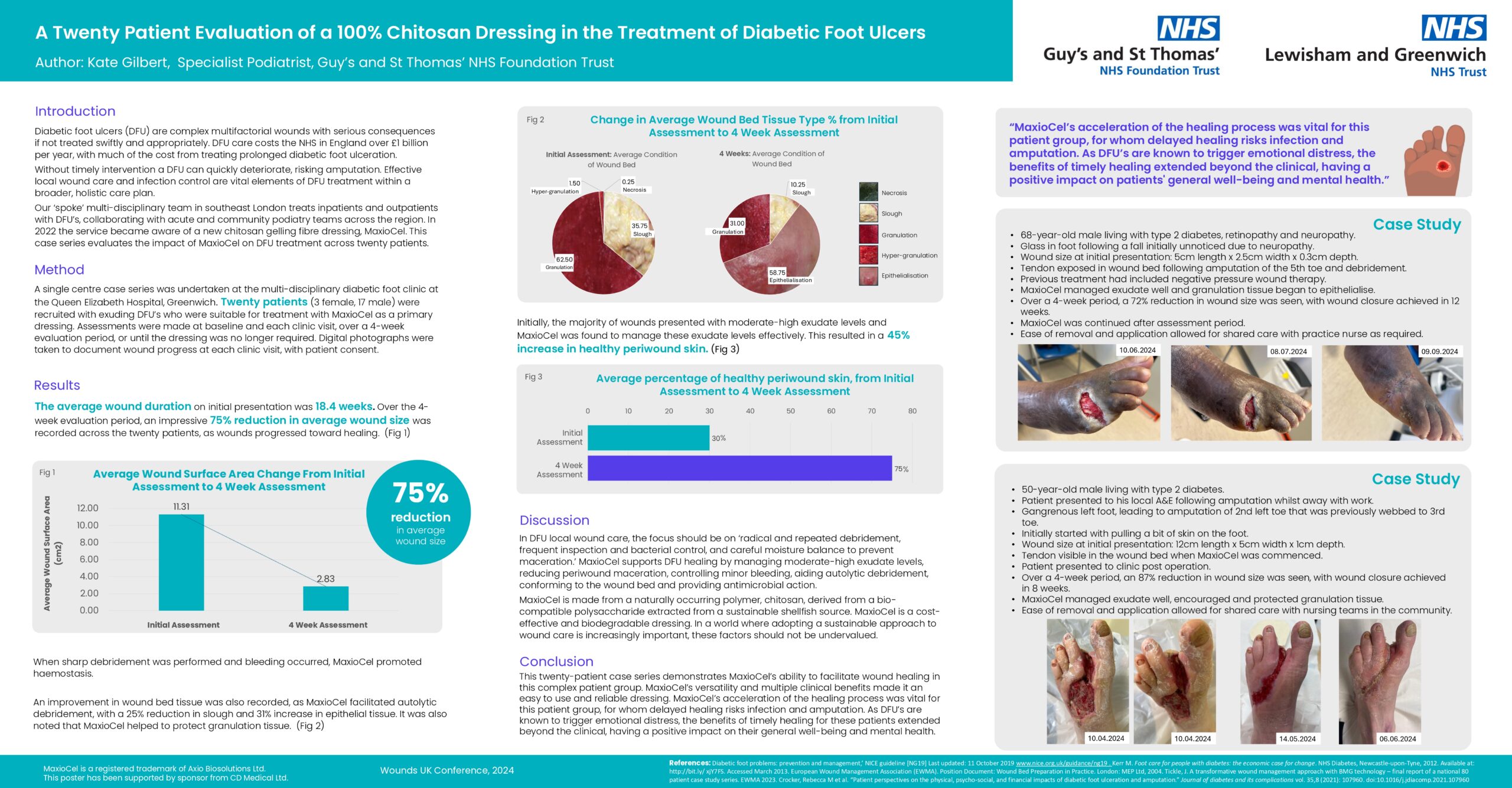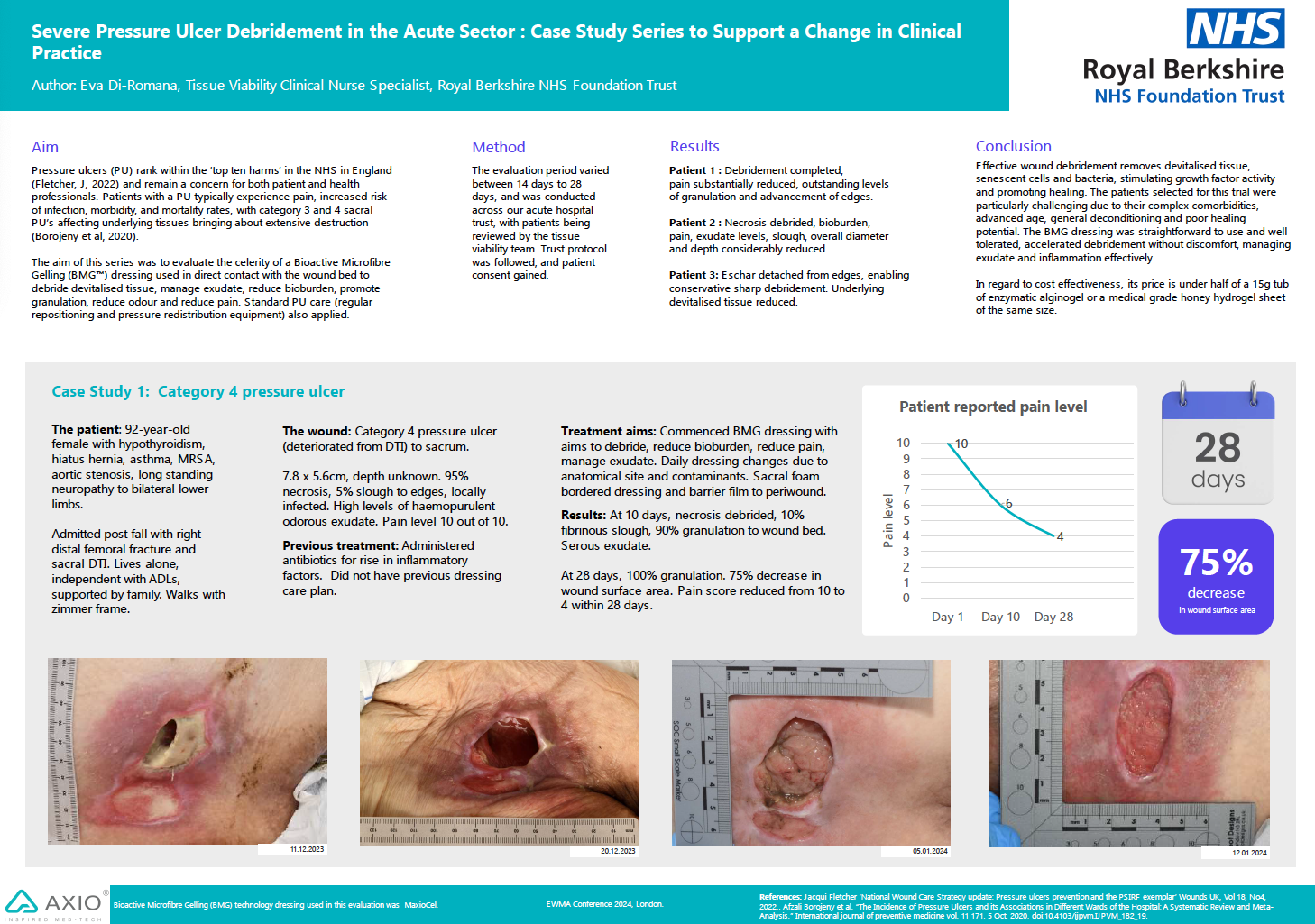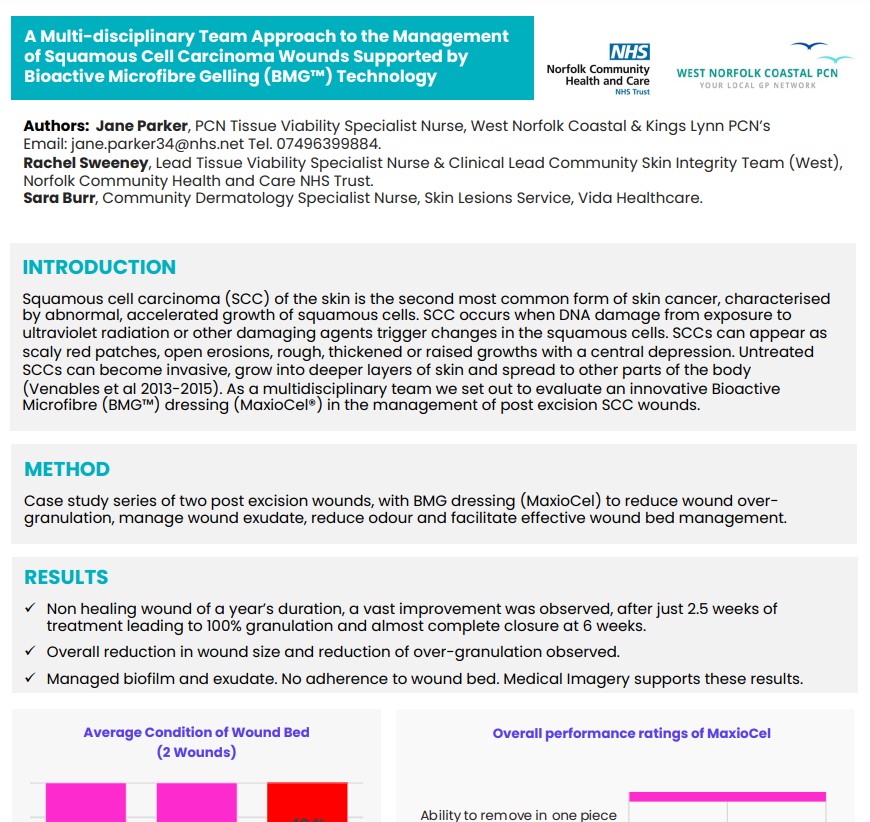Evaluating the Impact of Chitosan BMG™ Dressing on Malignant Fungating Wounds in Community Care
Publication Details:
Varnam, K. & Jackson, E. (2025) Evaluating the impact of chitosan BMG™ dressing on the management of malignant fungating wounds in community care: Physical and psychosocial outcomes. Wound Care Today, 2025
Wound Details
Two female patients with non-healing malignant fungating wounds (MFW) to the breast, static despite standard care:
- Patient 1 (92 yrs): Anxiety and distress from bleeding and malodorous exudate inhibited family visits.
- Patient 2 (72 yrs): Daily bleeding at dressing changes limited independence and required nurse-led changes.
Key Findings and Data:
Patient 1:
Baseline
- Frequent minor bleeding
- Pain 5 /10
- Moderate–high malodour
After 4 Weeks of MaxioCel BMG™
- Haemostasis achieved
- Pain reduced to 3 /10
- Malodour markedly decreased, restoring confidence for visits
Patient 2:
Baseline
- Daily bleeding
- Pain 6 /10
After 4 Weeks of MaxioCel BMG™
- Bleeding controlled
- Pain reduced to 0 within 7 days
Conformed to irregular bed, enabling self-care and daily showering
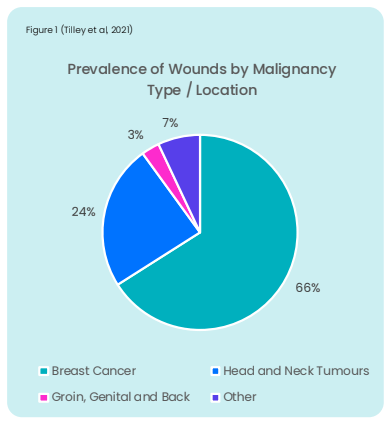
Effect on Wound Bed and Management:
- Debridement: The bioactive microfibre gelling action efficiently lifted slough/necrosis, exposing a clean wound bed.
- Haemostasis & Exudate Control: Inherent chitosan haemostatics controlled bleeding; exudate and odour were significantly reduced, improving local conditions.
Clinician and Patient Feedback:
- Clinicians: Reported MaxioCel BMG™ as reliable, easy to apply/remove atraumatically, and confidence-boosting in complex MFW management.
- Patients:
Patient 1 felt “relieved and more at ease” welcoming family visits again
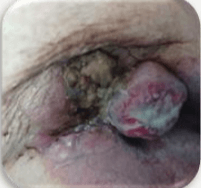
Patient 2 was “overwhelmed with happiness” at regaining autonomy and hygiene routines.
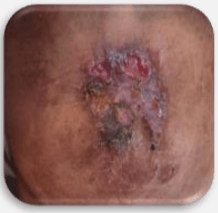
Key Insights:

- Rapid pain and odour reduction alongside bleeding control make MaxioCel BMG™ an effective symptom-management dressing for MFW.
- Its ease of use and support for self-care empower patients and reduce community nursing workload.
 A collaborative study with Harvard Medical School
A collaborative study with Harvard Medical School
